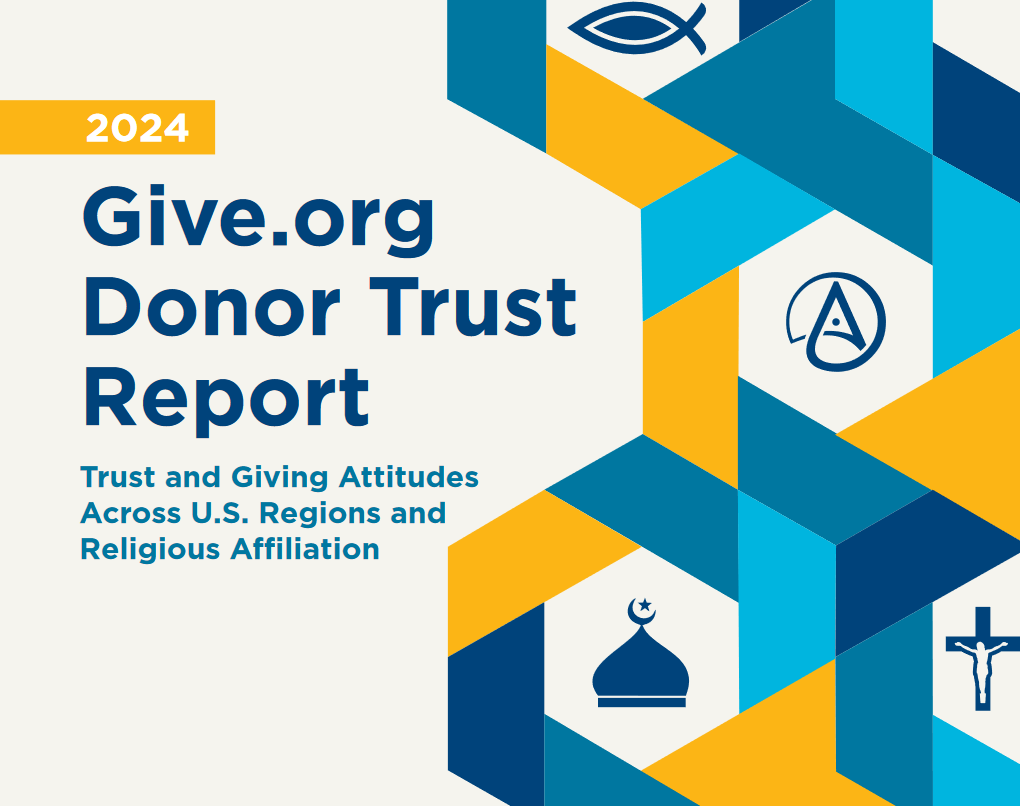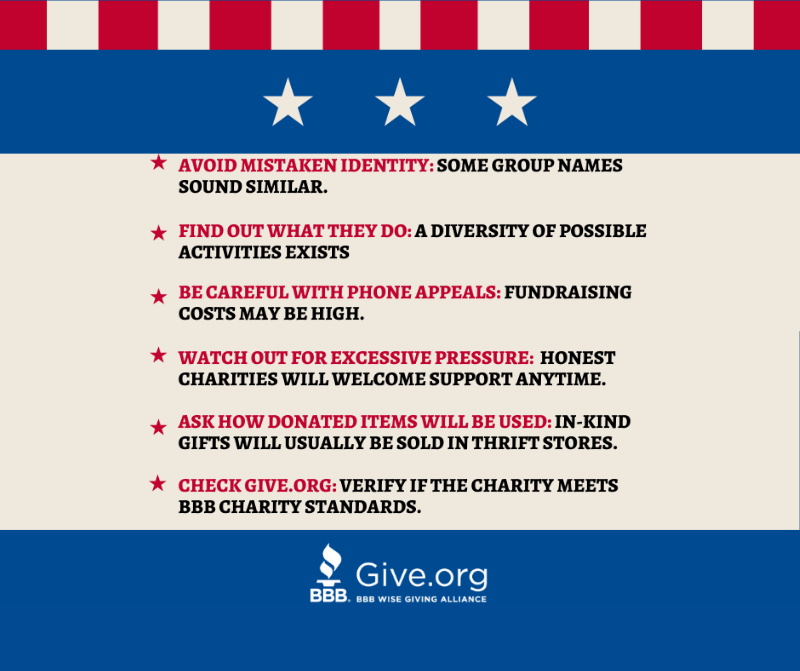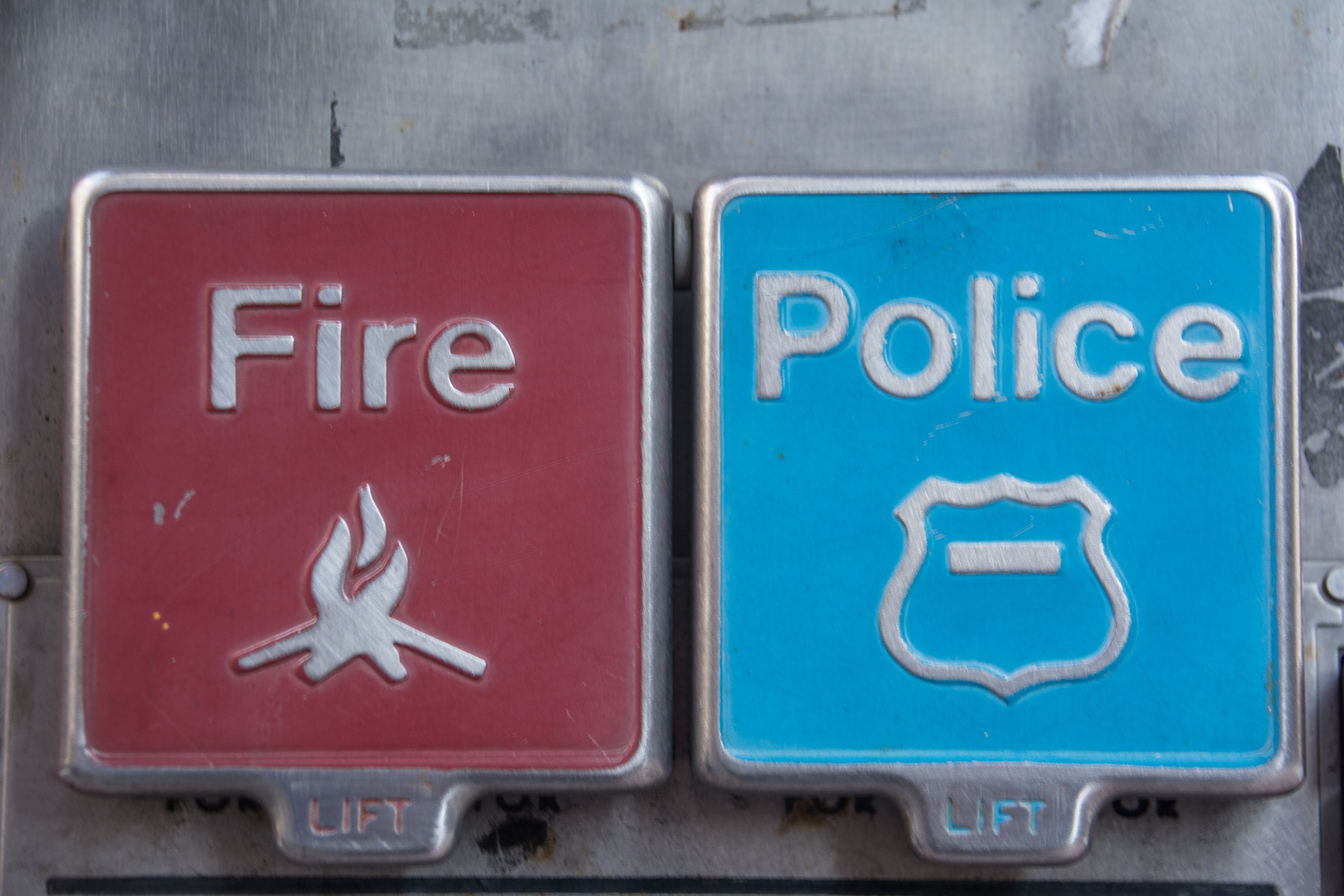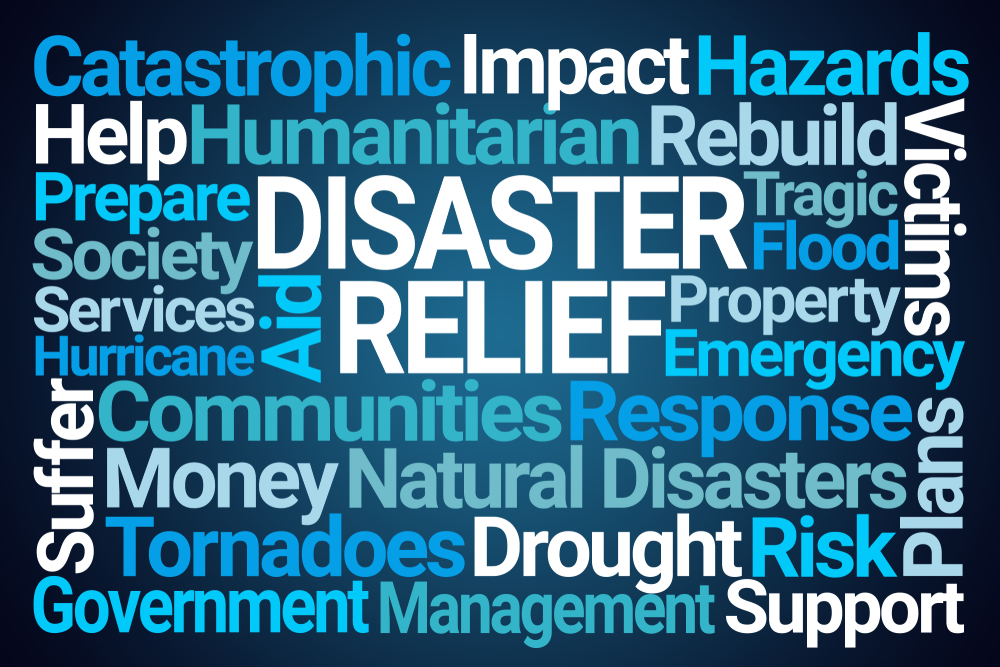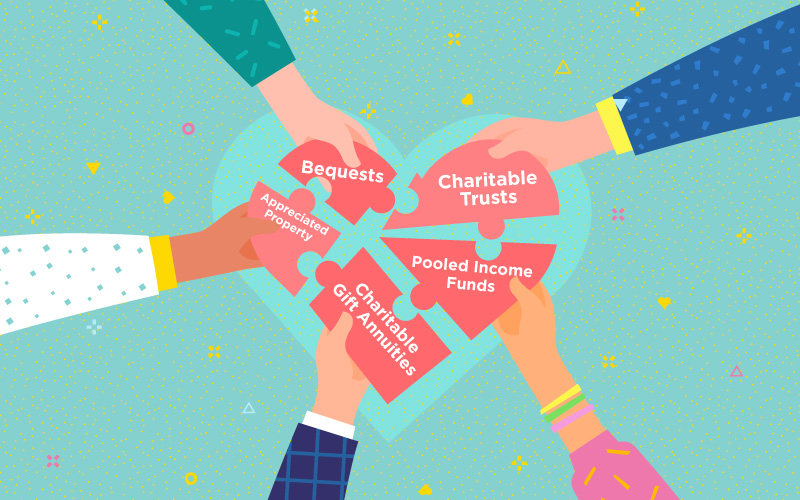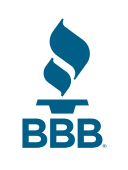Wise Giving Wednesday: When is a Related-Party Transaction a Conflict?

Most charities today have some type of conflict-of-interest policy that helps them identify the existence of charity transactions with a related party such as a staff or board-related firm. The existence of such a policy, while helpful, does not automatically mean the charity has automatically resolved problems that can take place in such circumstances. This is where a review of the individual circumstances becomes important as no two transactions are exactly alike. These factors include, but are not limited to, the amount of the transaction, whether the interested board member participated in the board vote on this purchase, if competitive bids were taken and whether this was a one-time or ongoing transaction. Examples of transactions that raise a red-flag of a potential conflict are:
- An organization hires the same IT services firm for five years while the principal of that firm sits on the governing board.
- The grants approval committee of the charity’s governing board has decided that almost all of its grants will go to board member affiliated charities.
- A charity makes a significant financial loan to an executive staff member so he can make major renovations on his home.
The fifth standard in the BBB Standards for Charity Accountability calls for no transaction(s) in which any board or staff members have material conflicting interests with the charity resulting from any relationship or business affiliation. This standard is intended to cover related-party transactions ranging from significant charity purchases of goods or services, grants and donations to board-member affiliated charities and loans made to board or staff members. In determining if a charity meets this standard, the BBB WGA will ask the charity what steps were taken to ensure that a related-party transaction is not a conflict. In some instances, however, the transaction may be so significant that it raises concerns with this standard even if measures are taken.
When donors place their trust in a charity, they expect the charity’s mission, not personal financial gain, to be the motivation for leadership decisions made by the board of directors and paid staff. In some ways, this is one of the core distinctions between a for-profit business and a not-for-profit organization. So, when this expectation is violated, contributors may feel betrayed or deceived.
Video of the Week
As part of our Ukraine Relief Charity Interview Series, BBB WGA is pleased to provide an interview with Jeanne Dillner, CEO of SIGN Fracture Care International (a BBB Accredited Charity) which is engaged in relief efforts in and around Ukraine such as sending orthopaedic supplies to hospitals.
Heart of Giving Podcast
In this week’s Heart of Giving Podcast, BBB WGA interviews Angela Williams, the President and CEO of United Way Worldwide (a BBB Accredited Charity). With more than 30 years of leadership experience in the nonprofit and corporate sectors and named to Forbes’ 2021 List of Women 50 Over 50 Creating Social Change at Scale, Angela Williams brings a long history of purpose-driven work to her new role at United Way.
Recent Reports
We are always working with charities to publish or update reports for donors. Visit Give.org or local BBBs to check out any charity before giving. Our recently evaluated charities include:
Finally, remember to let us know by going to give.org/charity-inquiry if you are interested in seeing a report on a charity not on the list and we will do our best to produce one.




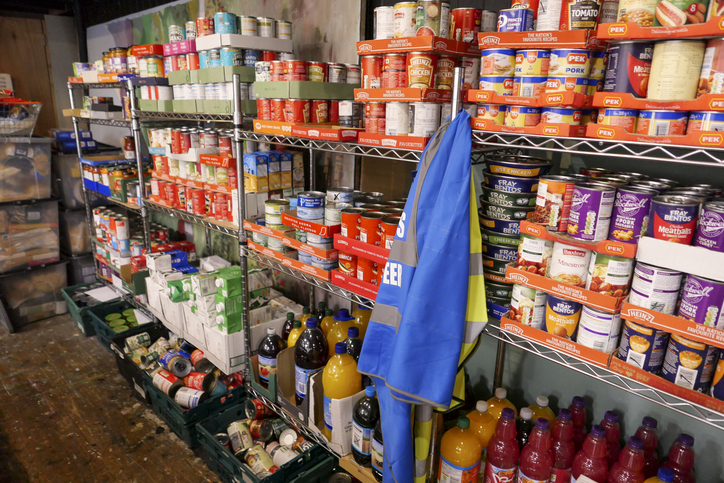




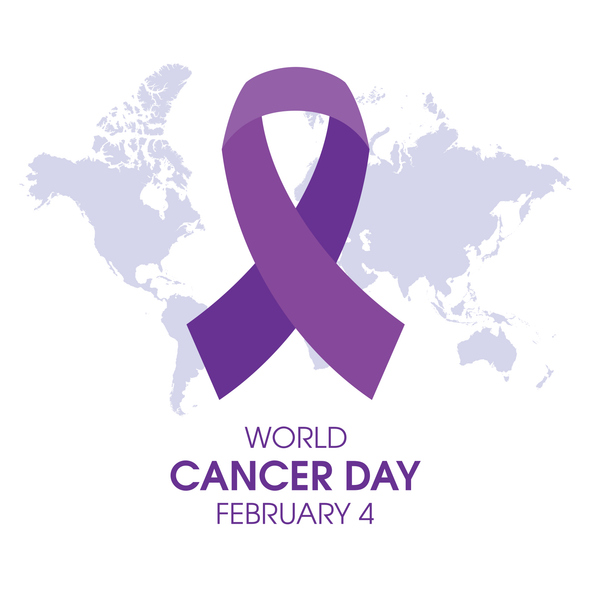


.jpg?sfvrsn=8073f1a5_0)


